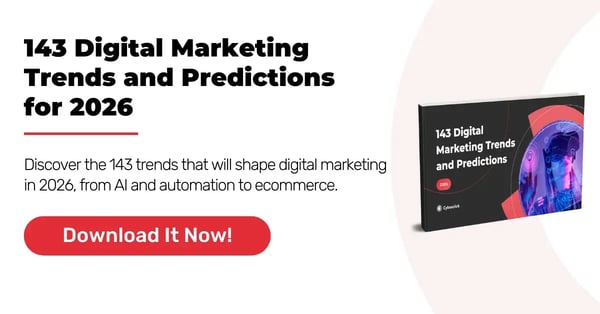An API key is a piece of code used by programs calling an API to identify the program, developer, or project making the request. They essentially serve to track access to an API and control how it is being used. In the digital age, and particularly in digital marketing, APIs play a critical role in enabling software applications to interact with each other, allowing marketers to automate tasks, enhance data integrations, access advanced analytics, and much more. But what does this actually mean for someone who isn’t deeply versed in tech speak? Let’s take a closer look!

Understanding API Keys
An API key is essentially a unique identifier that is used to authenticate a developer or a program’s access to the API. Think of it like an access code to a members-only club; once you have the code, you can access the club’s facilities. Similarly, with an API key, your application gains access to the API’s features and data.
They are used to track and control how the API is being used, typically to prevent malicious use or abuse of the API, and help providers enforce usage limits and track activity for billing purposes.
They are not the same, however, as authentication tokens, as API keys will identify which developer or company is making the call, but do not identify or verify the specific user, which is what tokens are used for. API Keys are generally available to several users and do not tend to have an expiration date, so using them alongside authentication tokens can boost your security measures.
How to Use API Keys
Using an API key usually involves several steps:
-
Registration: First, you need to register with the service offering the API. During this process, you will receive an API key.
-
Implementation: The key is then used in the API calls within your software. It’s usually included in the header of the API requests you make.
-
Security: Keep your API key secure. Exposure can lead to unauthorized access to your services, leading to potential data breaches or loss of service.
Advantages and Disadvantages of Using API Keys
Advantages
- Simplicity and Ease of Use: API keys are straightforward to implement and manage. They provide a quick way for developers to authenticate and gain access to an API without the complex protocols involved in more sophisticated authentication methods.
- Control and Monitoring: API keys allow providers to control how their services are used by tracking which applications are making requests. This helps in monitoring usage patterns, enforcing rate limits, and potentially charging for access based on the volume of requests.
- Security Layer: While they are not the most secure form of authentication, API keys do offer a basic layer of security. They prevent unauthorized access and ensure that API usage can be attributed to registered users or applications.
Disadvantages
- Limited Security: API keys are less secure than other methods such as authentication tokens. If exposed, an API key can potentially give an attacker access to all the data and actions available to that key, without the additional security checks involved in user authentication.
- Hard to Manage at Scale: As the number of users or services within a project increases, managing individual API keys can become challenging. There's a risk of keys being shared or leaked, and rotating or revoking them can disrupt service for users.
Applications in Marketing
API Keys can be tremendously useful to marketers and are applied often. They allow marketing platforms to integrate with other software, enhancing the capabilities of both.
For example, they allow direct access to Google Analytics or Meta Ads data, enabling users to build custom dashboard applications or integrate analytics data with other tools. Platforms such as Amazon Ads’ and Google Ads’ APIs allow marketers to manage their advertising campaigns programmatically, making it possible to automate optimizations and reporting. Below are some of the other uses of API keys in marketing.
Enhanced Data Integration
API keys enable the seamless integration of different marketing tools and platforms. Marketers can pull data from social media, CRM systems, and other data sources to create a comprehensive view of customer interactions.
Automation
APIs allow marketers to automate repetitive tasks. For example, when new leads fill out a form on a landing page, the data can automatically be sent to a CRM system and an email marketing platform.
Real-Time Analytics
With APIs, marketers can access real-time analytics from various platforms. This allows for more dynamic and responsive marketing strategies that can be adjusted based on current performance metrics.
Key Account Manager Engineer en Cyberclick. Experto en desarrollo de aplicaciones web e integraciones entre sistemas con más de 10 años de experiencia. Cuenta con una licenciatura en Matemáticas, Ciclo Formativo de Grado Superior en Desarrollo de Aplicaciones Informáticas y Ciclo Formativo de Grado Superior en Desarrollo de Aplicaciones Multiplataforma.
Key Account Manager Engineer at Cyberclick. Expert in web application development and system integrations with over 10 years of experience. He holds a degree in Mathematics, a Higher Degree in Computer Application Development, and a Higher Degree in Multiplatform Application Development.






Leave your comment and join the conversation